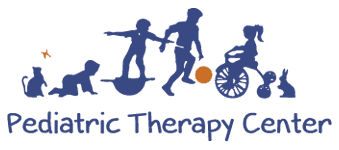Attention Deficit Hyperactivity Disorder (ADHD) in Kids
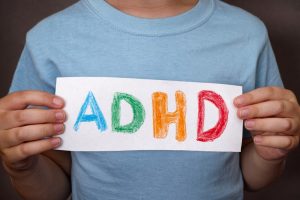
At some point, most kids have trouble paying attention, sitting still, or listening to their parents or teachers. However, when does normal childhood behavior turn into something more serious?
If your child’s behavior is negatively affecting their schoolwork, friendships and home-life, then it’s possible that they could have attention deficit hyperactivity disorder (ADHD). ADHD affects more than 6.4 million kids between the ages of 4-17 in the U.S. and according to the Center for Disease Control, is on the rise with a more than 42 percent increase in reported ADHD cases in the past few years.
What are the signs or symptoms of ADHD in kids?
According to Tracey Myers, an occupational therapist at Pediatric Therapy Center, there are two different types of ADHD that kids may struggle with:
Inattentive – Kids who are inattentive tend to daydream often and can become easily distracted, only paying attention to things that are important to them. They may seem forgetful, because anything they consider boring will cause them to lose focus in a subject rapidly.
Most kids who are inattentive will also tend to miss important social cues. This form of ADHD is sometimes not detected until the child is a little older, since normally, there are not a lot of behavioral problems associated with it.
Hyperactive – Kids who are hyperactive have trouble sitting still. They will run around the room and chase things, effectively ignoring the pleas from parents or teachers to stop. Children with hyperactivity are often impulsive and usually don’t think of the consequences of their actions until it’s too late. Sometimes, kids who are hyperactive will also have intense emotional reactions that are way too big for a situation.
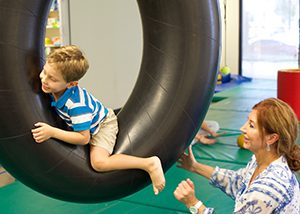
Some other common symptoms of ADHD to look out for Include:
- Constant fidgeting
- Missing important social cues
- Interrupting
- Lack of focus
- Unfinished tasks
- Daydreaming
- Trouble staying organized
- Unable to remain still for periods of time.
If you suspect that your child has ADHD, then you should talk to your doctor immediately. Your doctor could recommend occupational therapy for your child to help them with their ADHD.
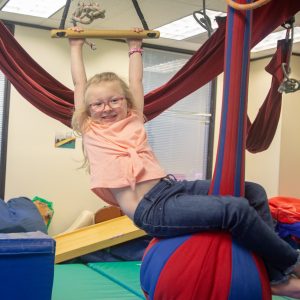
What are some things I can do at home to help my kid with ADHD?
“ADHD is specific to each child,” Tracey explains, “It’s important to give your child the individualized tools and strategies they’ll need to manage school and social situations.”
Tracey mentions that helping your child stay organized is key to success in school. Additionally, you should help your child with their time management skills. One way to do this is to download an app on your phone that can let your child know when the time to perform a task is up.
If your child is having trouble staying focused while doing homework, Tracey mentions giving them the opportunity to exercise, such as walking or running, to help your child re-focus. Also, giving your child gum or crunchy things to chew on while they do homework can help as well, since this also gives them the sensory input they need.
Routine and structure are also important to kids with ADHD. This is especially important when it comes to bedtime since kids with ADHD can have a hard time falling and staying asleep. Finally, make sure your kids have a healthy diet full of vitamins and minerals to fuel their brain and system.
How can occupational therapy help kids with ADHD?
ADHD happens when the neurotransmitters in the brain are not functioning correctly,” Tracey says, “There are behavioral similarities (such as impulsivity, hyperactivity, organizational skills, following directions and emotional regulation) between children who have ADHD and Sensory Integration Disorders. Our vestibular system helps us calm and regulate ourselves and puts us in the optimal band of alertness, without this system functioning optimally, we may have the same symptoms as ADHD.”
According to Tracey, kids who get sensory input can regain their focus faster. At PTC, occupational therapists will have children with ADHD perform exercises and movements that will give them the sensory input they crave.
Additionally, occupational therapists will work with kids on their organizational, time management and social skills to help them in school.
Pediatric Therapy Center (PTC) offers exceptional, patient-centered occupational, physical, and speech/language therapy for children. If you feel your child is exhibiting any signs of ADHD, or is struggling developmentally in any way, call PTC at 713.772.1400 for a consultation with one of our experienced therapists today.
